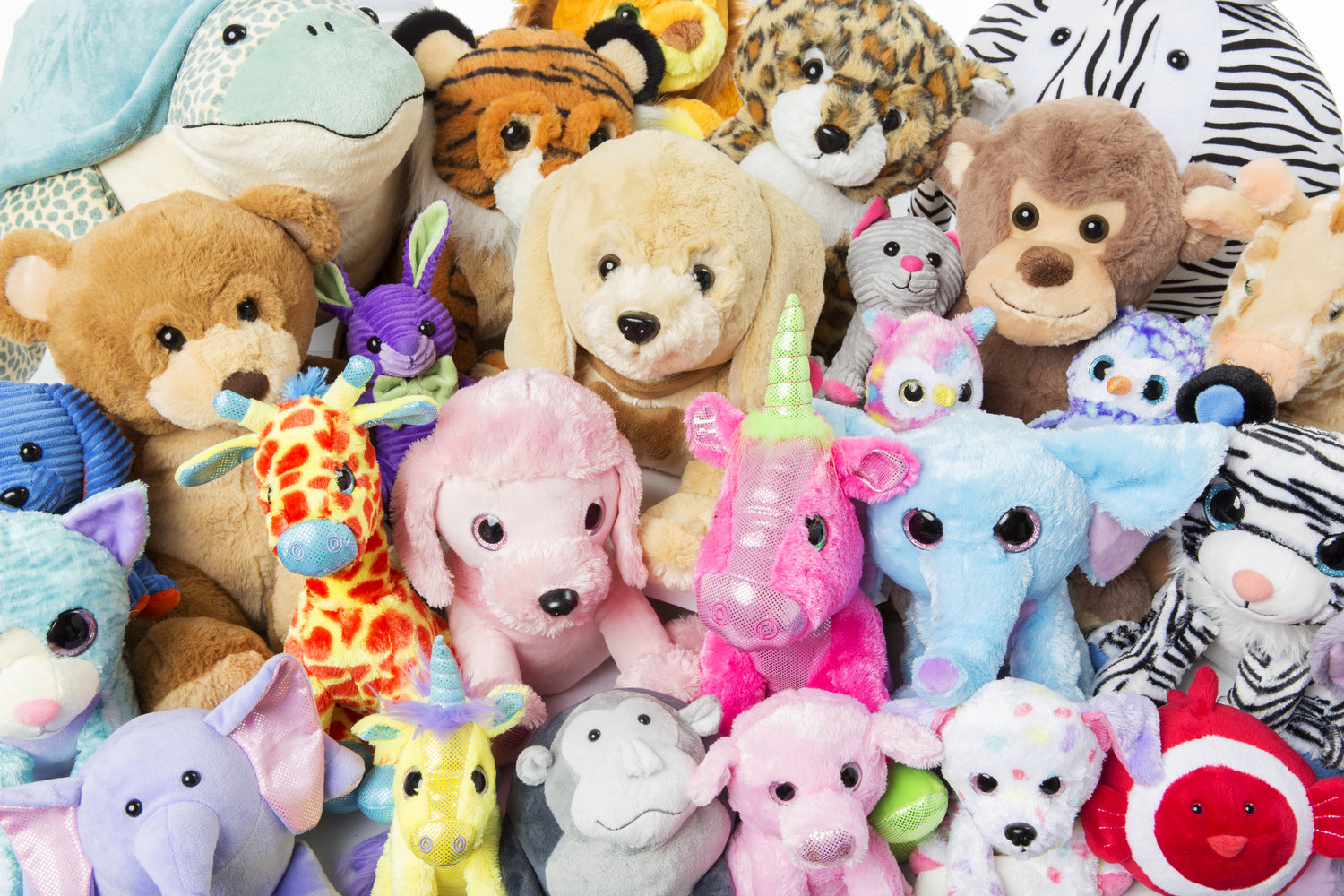Stuffed animals have long been a source of comfort for children. But it turns out they have many educational benefits as well.
In fact, they’re recommended in psychotherapy and even for people who have PTSD and bipolar. This is because they help form reliable emotional attachments. These attachments are essential for living a healthy life.
They are a source of comfort
Stuffed animals are a source of comfort for people of all ages. They provide a sense of security and help reduce anxiety, particularly in transitional situations or stressful life events. For example, many parents and caregivers have witnessed the transformative power of a stuffed animal in children who struggle with separation anxiety. Children cling to their favorite plushies during drop-offs at school or bedtime, and they are often comforted by the cuddles they receive from their beloved toys.
Studies have also shown that physical touch, such as hugging a stuffed animal, can release oxytocin, known as the “feel-good” hormone. This reduces stress and anxiety levels, promotes feelings of safety, and fosters a sense of well-being and happiness.
Moreover, stuffed animals teach children to take care of their own emotional needs. They often project their emotions onto their furry friends, and they practice empathy and social skills by role-playing with them. For adults, stuffed animals are a source of comfort and motivation for exercise. They can also be used to promote self-care for individuals with chronic illnesses.
They are a form of therapy
Stuffed animals provide a unique combination of tactile comfort and emotional support. They help children cope with separation anxiety, build a sense of security, and develop attachments to trusted friends. They also offer a way to practice social skills, such as role-playing, turn-taking, and communication. The soft, soothing nature of stuffed animals can also trigger the release of oxytocin, a hormone that promotes feelings of trust and bonding.
Many therapists use stuffed animals as a tool to teach children relaxation techniques, like deep breathing or visualization. This allows kids to associate these techniques with a familiar friend, making it easier to implement them outside of therapy.
For adults, stuffed animals can be a reminder to pay attention to their mental health. They can also serve as a distraction from negative emotions and a source of reassurance and security. This can be especially helpful for those who suffer from anxiety disorders. Stuffed animals can also become a coping mechanism during stressful events, such as test taking or public speaking.
They are a source of motivation
When you’re feeling anxious, a stuffed animal can help. Stuffed animals provide a sense of comfort and a connection to childhood, helping people cope with stress and anxiety. They also encourage the release of feel-good hormones, including oxytocin and dopamine. Many adults still sleep with stuffed animals, and some even consider them emotional support animals. Aileen Weintraub, a journalist who wrote about her COVID-19 experience, found solace in sleeping with her beloved stuffed bear George.
Children imbue their stuffed toys with personalities and roles, fostering their creativity and imagination as they engage in role-playing games. This helps them learn how to communicate and develop their social skills.
Kids can talk to their stuffed animals and listen to them respond, learning to express themselves through language. They also develop a sense of responsibility as they assume care for their teddy bears, and this teaches them how to make decisions on their own. This is a valuable life skill.
They are a source of education
Stuffed animals allow children to let their imaginations run wild, fostering creativity and encouraging social skills. They become the characters in a child’s imaginary world and adventures, helping them to navigate their emotions in a safe way. Children project their feelings and anxieties onto these cuddly companions, which helps them to understand complex emotions and develop empathy. They can also practice important social skills, such as turn-taking and communication.
Adults can benefit from the comfort and security that a stuffed animal provides as well. They can use it to deal with anxiety and other stressors, such as travel or sleeping in unfamiliar environments. Some adults even have a stuffed friend that reminds them of happy times from childhood. Although many people consider this behavior a sign of immaturity, it is essential for emotional health and wellbeing. Plush toys are also aesthetically pleasing, and can be used as decorative items in the home. Some individuals find comfort in the weight of a stuffed animal, which can help them fall asleep faster and stay asleep longer.









